Nigeria’s Electricity Distribution Companies (DisCos) have introduced revised prices for various electricity meter models, marking the second price hike in four months.
The cost of a single-phase meter has increased from approximately N117,000 to as much as N149,800, depending on the distribution company and meter vendor, the electricity distribution company explained.
The new prices, which took effect on November 5, 2024, reflect the deregulation of Meter Asset Providers (MAP) as directed by the Nigerian Electricity Regulatory Commission (NERC).
This move aims to promote competition and transparency in the metering sector.
According to checks by Persecondnews, meter prices vary across DisCos, influenced by vendors and meter models.
The new average meter prices, including VAT, are as follow:
– Eko DisCo: Single Phase Meter (N135,987.5 – N161,035), Three Phase Meter (N226,600 – N266,600)
– Ibadan DisCo: Single Phase Meter (N130,998 – N142,548), Three Phase Meter (N226,556.25 – N232,008.04)
– Abuja DisCo: Single Phase Meter (N123,130.53 – N147,812.5), Three Phase Meter (N206,345.65 – N236,500)
– Kano Electricity: Single Phase Meter (N127,925 – N129,999.75), Three Phase Meter (N223,793 – N235,425)
– Kaduna DisCo: Single Phase Meter (N131,150 – N142,548.94), Three Phase Meter (N220,375 – N232,008.04)
The price hike has sparked concerns among electricity consumers about affordability and accessibility.
This is the second price increase in four months, following an earlier hike in August 2024.
NERC’s deregulation policy seeks to address lingering issues surrounding meter supply and pricing transparency.
Competitive bidding will now determine meter prices under the MAP scheme, enabling customers and DisCos to negotiate better deals from meter vendors.
The deregulation removes operational restrictions, enabling MAP permit holders to provide metering services across all DisCos in Nigeria.
However, MAPs must meet specific regulatory requirements to ensure compliance and maintain quality standards.
Experts believe deregulation will foster greater competition among meter providers, improving cost efficiency and service delivery for end users.
The Nigerian government has been working to improve the country’s electricity sector, with initiatives aimed at increasing access to affordable and reliable power.
The latest price hike may undermine these efforts unless the benefits of deregulation are realized through improved services and competitive pricing.












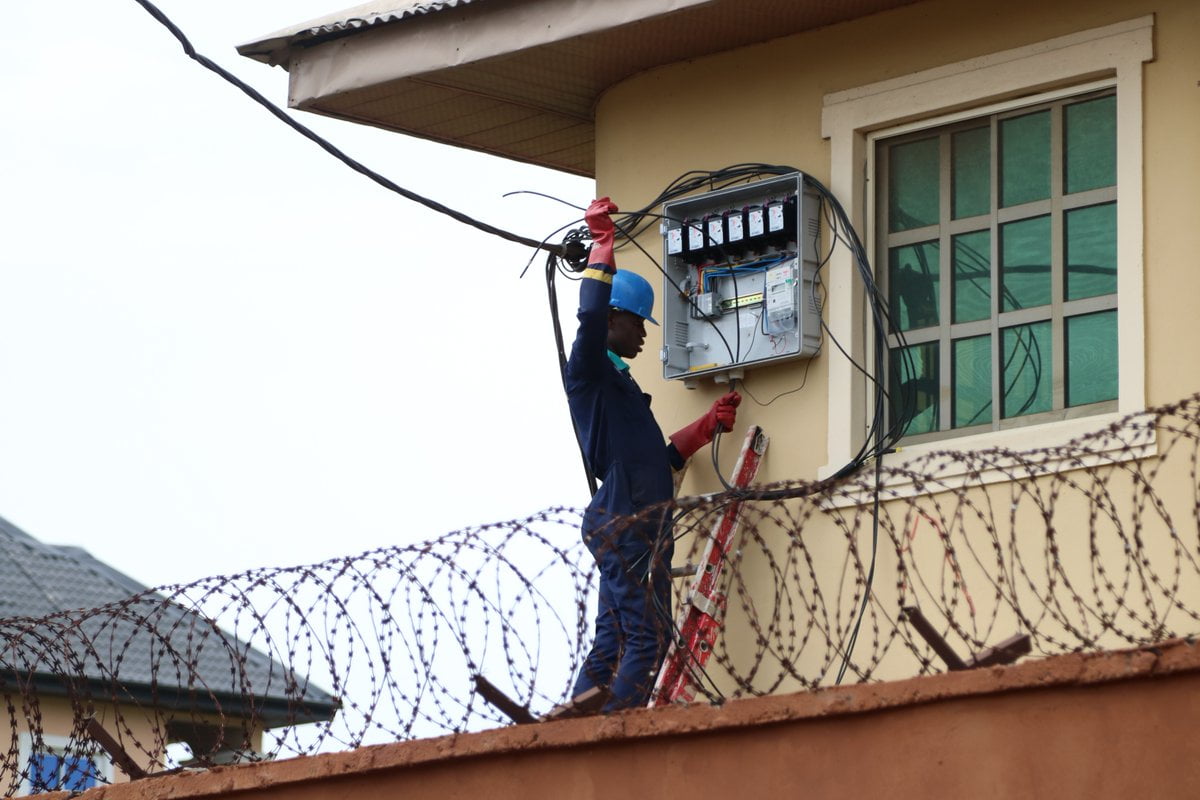









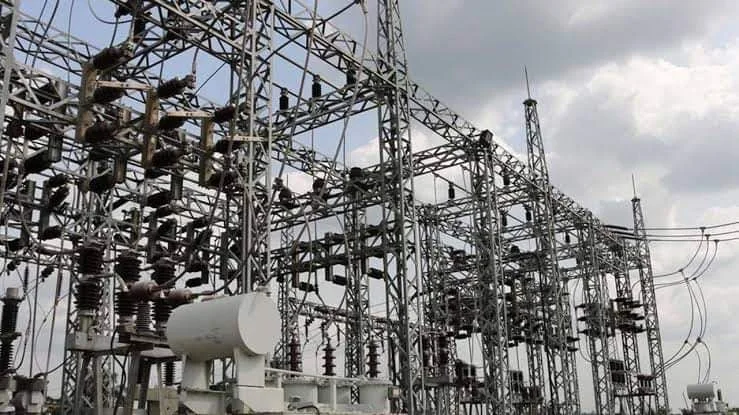

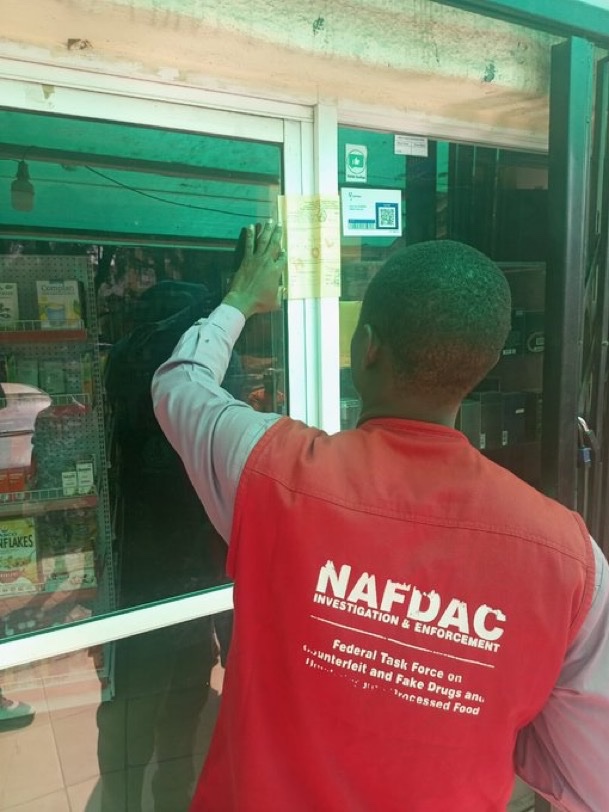
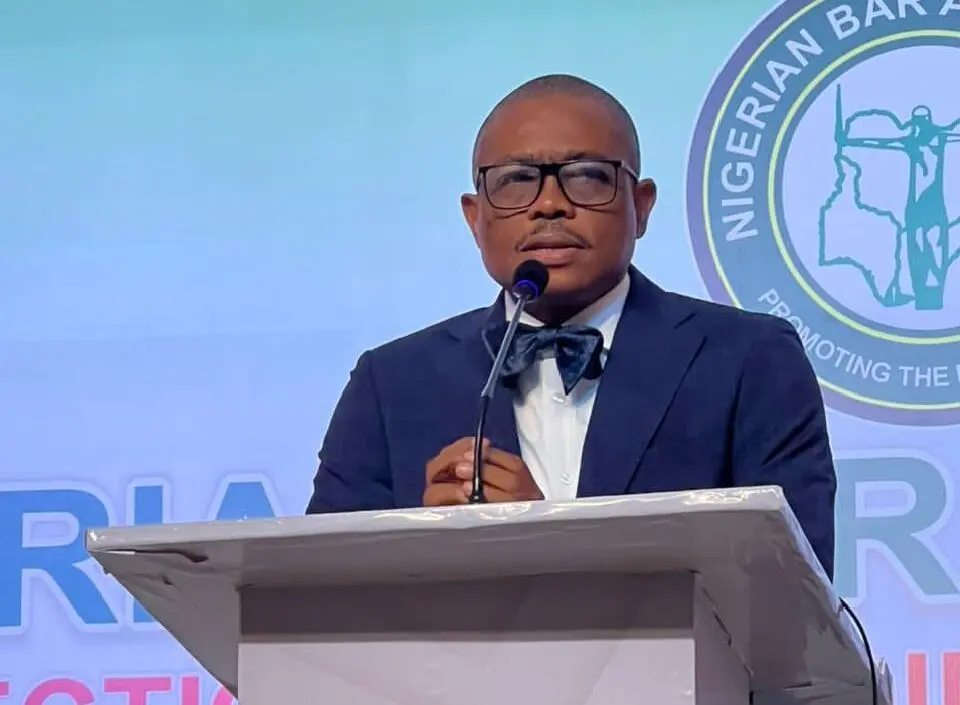
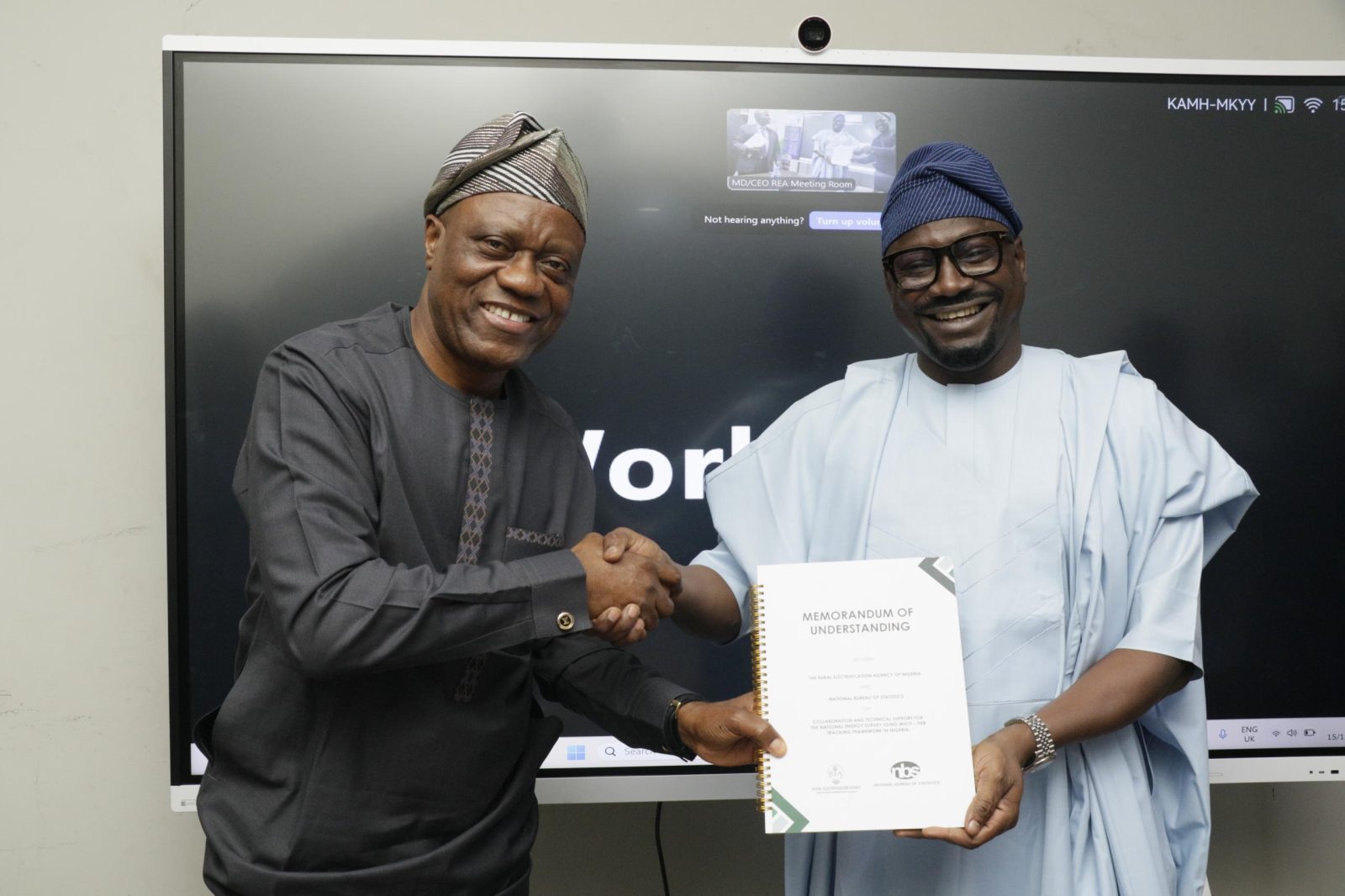
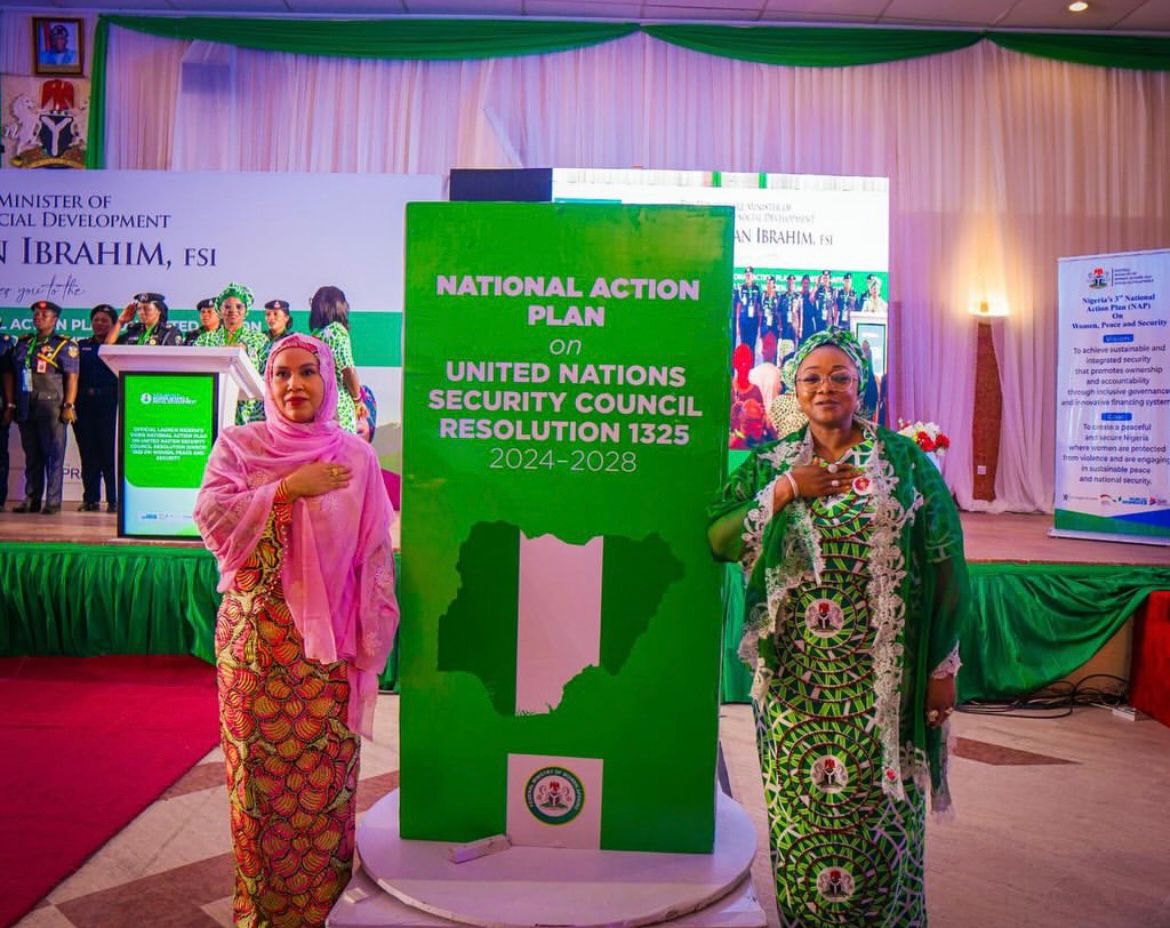
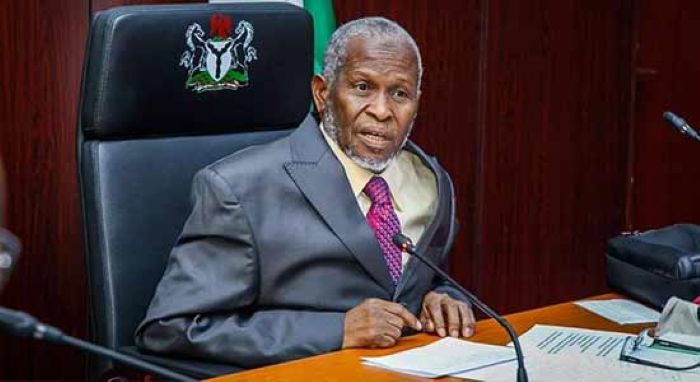
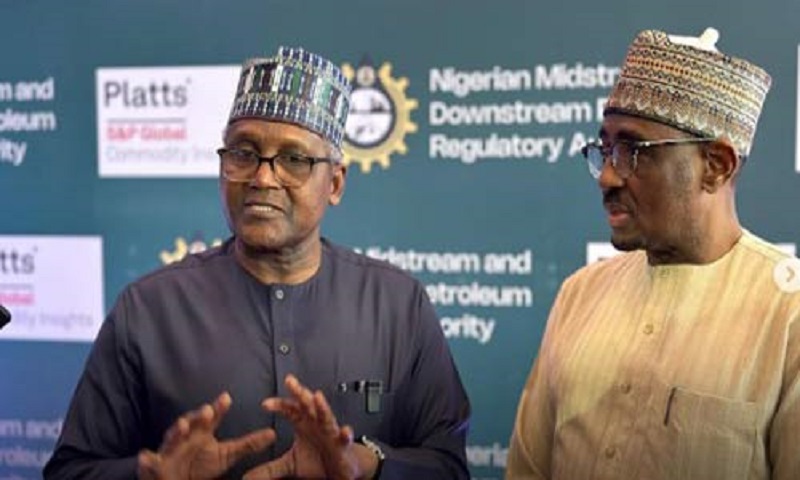
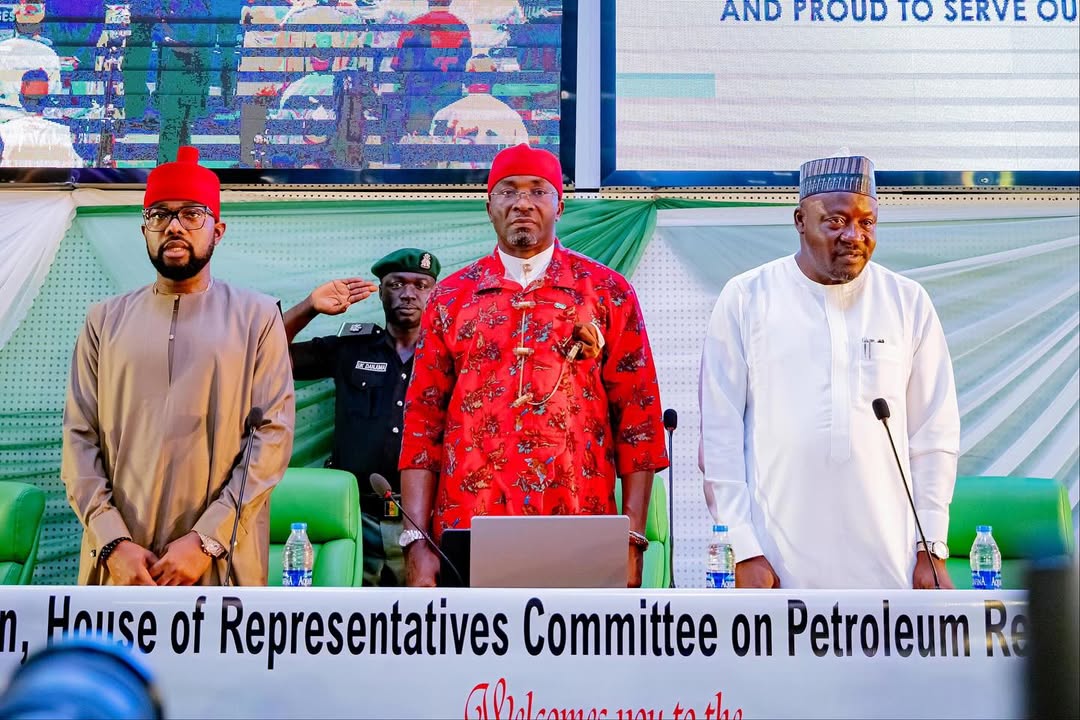


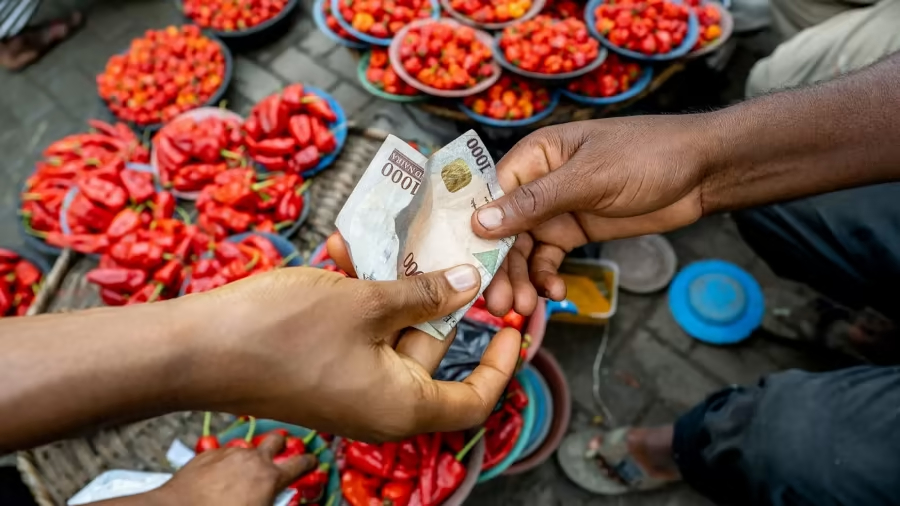
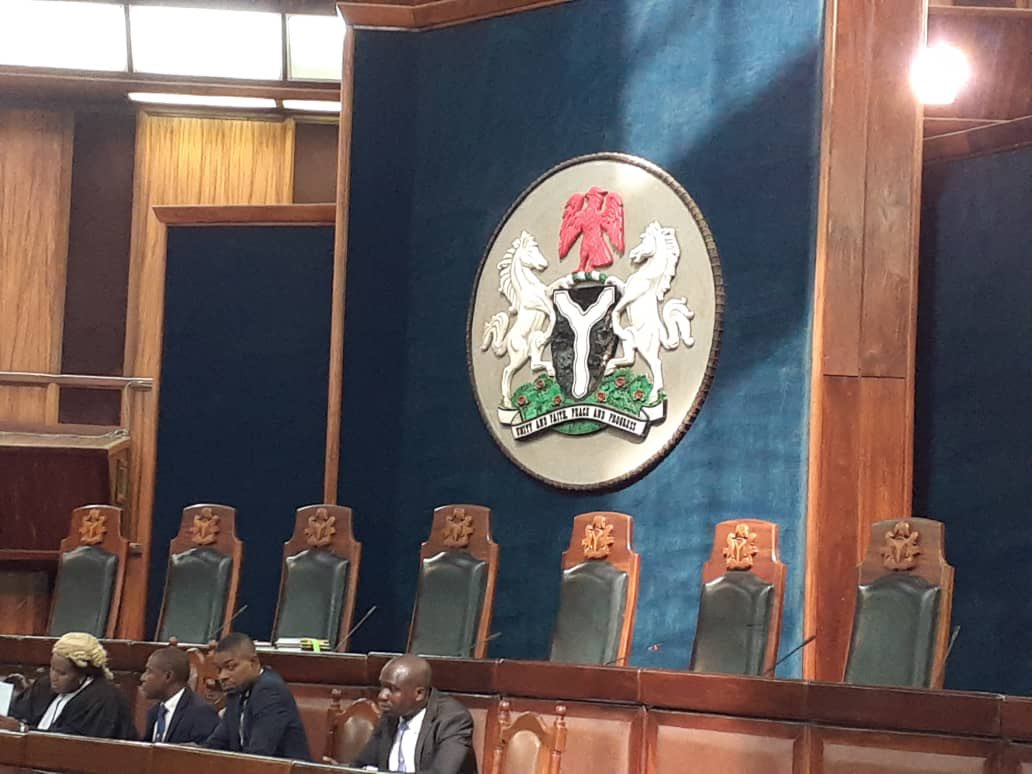


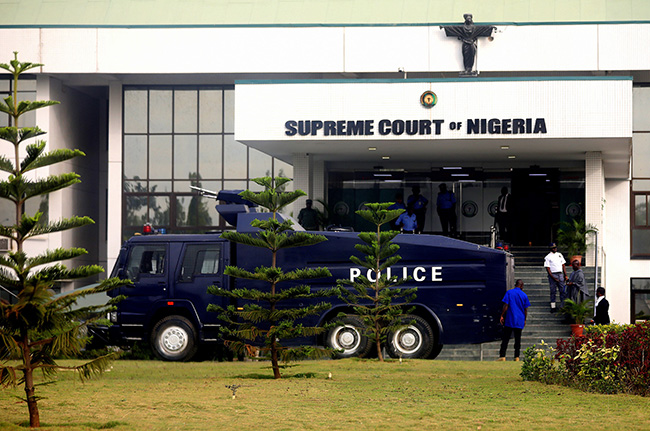
Leave a comment